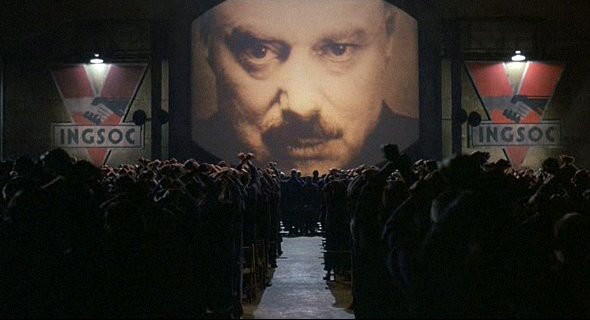httpv://www.youtube.com/watch?v=QGPd411gOYA
Maria Callas, in her only film role (and in which she does not sing), in Pier Paulo Pasolini’s film adaptation of Medea.
Frye cites Medea in a couple of places in notebook 13a to clarify his thinking on tragedy:
The sense of tragedy comes from the emphasis on causality in the plot. Thus Medea begins with the Nurse wishing that a lot of things hadn’t happened which in fact had happened. The sense of causality is in its turn derived from the primary contract, the sense of the natural law, which operates morally as nemesis. This is all in AC: what I didn’t get so clear there was the sense of two contrasting falls, one tragic, Adam into the wilderness, & one ironic, Israel into Egypt. The ironic contract is the social contract properly speaking, an imitation of natural law but without its certainty, hence the arbitrary quality, which being social rather than natural is not genuine fatality. Hence hamartia, which is really a loophole that prevents fatality: character cooperating with events. (CW 20, 290)
Jason blandly tell Medea, when she’s reproaching him for deserting her that she’s had all the advantages of a Hellenic education, & learning what justice & fair dealing are. Good e.g. of the way tragedy concentrates on the natural & primitive & not the social contract. (CW 20, 293)
The rest of the film after the jump.
